
BLOG – CONVERSATIONS THAT MATTER
Martial arts and personal development: conflict from thread to a source of wisdom
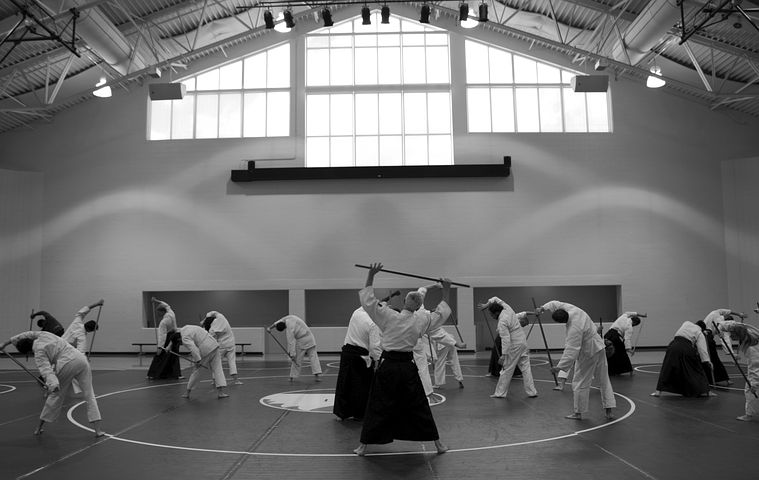
When I first heard about Aikido, I was fascinated by the concept of reversing the energy of the attack to the attacker, defending oneself without needing to be particularly strong. As a woman I have always been fearful when walking in the city, alone, at night, and I regretted not having started Aikido 40 years before I actually did. It is a fascinating discipline and has – at least – helped me to not being afraid of falling.
What has Aikido to do with Integral Theory? I was attracted to both, but only lately I fully understand the connection. I found out that, in several places of the world, advanced Aikido practitioners have created “Integral Dojos” where they combine both practices. Miles Kessler in Israel and Patrick Cassidy in Switzerland and other places in the world.
“Evolutionary Aikido”, practicing Aikido in an advanced mindset, is the secret. Traditionally martial arts are taught in an authoritarian way, which was one of the reasons why I stopped my practice. But when we liberate the practice from the dust of tradition and explore the “higher stages of development”, it becomes clear that it is much more than a mere training in martial arts. It becomes a means for self development; for personal and spiritual growth which includes body, mind, spirit, intuition, creativity, aesthetics, the whole spectrum of beingness.
Patrick Cassidy is a full time Aikido teacher of a very high rank. He is connecting integral thought with the discipline and cross fertilises both. From the Aikido framework he has derived a convincing model for the levels of development which, in my opinion, excels the usual ones as presented by integral theory or spiral dynamics. It is very descriptive in the labels (e.g. “fighter”, “soldier” etc. the basic beliefs at each level are understood immediately, as well as how conflict is experienced at the respective levels. But the very best feature is the arrangement of the levels in concentric circles which makes very clear that there is not “Higher” vs. “Lower” (which often is understood as “better vs. worse”, but that all these levels are permanently present and included in the next higher level. A genius move which resolves the constant criticism and which deserves to become main stream in integral circles.
I am glad that Patrick accepted my invitation to talk with me about his developmental model, inspired by Aikido. Do take the time to listen to the whole conversation! If you prefer to pick certain parts: I have provided time stamps for you where you can read where in the video we talk about what. enjoy!
In the ONLINE SALON of “Integrales Forum” July 17th, 2019
About Patrick Cassidy
Patrick Cassidy founded the Conscious Practice Institute in 2011. 30 years ago, after 4 years studying Aeronautical Engineering in California, Patrick spent 7 years in Japan learning the art of Aikido fulltime. During that period he also included meditation, yoga and the art of Japanese Tea Ceremony. After Japan, he spent a total of 4 years travelling through India, Nepal and Tibet, deepening his understanding of Yoga, Meditation and Spiritual practice. His travels led him to studying with many of the foremost spiritual teachers in Asia. The next step led to founding his first Aikido, Yoga and Meditation school in California. During his time in California he created conflict resolution, centering and health programs for the California State University, Pacific Insurance, Sandia National Laboratory, and other institutions. After California, he moved to Switzerland to open with his wife Dominique, his second Aikido, Yoga and Meditation school. After opening, they created the Conscious Practice Institute, which features the program, Conscious Conflict Resolution. This program is specifically designed for caregivers in psychiatric institutions facing conflict and aggression in their daily work lives. Since Patrick’s arrival in Switzerland he has created team building and vision programs for Credit Agricole, Phillip Morris, and Swisscom. He has worked with the University Hospital in Geneva to create a comprehensive violence management program for the whole staff. The Institute has also offered Conscious Conflict Resolution programs with the Foundation Claire Magnin, Foundation Domus, and Haute Ecole de Sante, Valais (HES-SO).
He is currently working now with the Center for Psychiatry in Neuchatel, Foundation Nant and the Hospital in Valais, Monthey providing the program of Conscious Conflict Resolution for their caregivers. Besides being the Director of the Conscious Practice Institute, Patrick is currently a 6th degree black belt in Aikido, professional Yoga instructor, Meditation facilitator, personal and corporate coach, as well as a supervisor teacher of 19 Aikido schools worldwide. (from http://consciouspracticeinstitute.com)
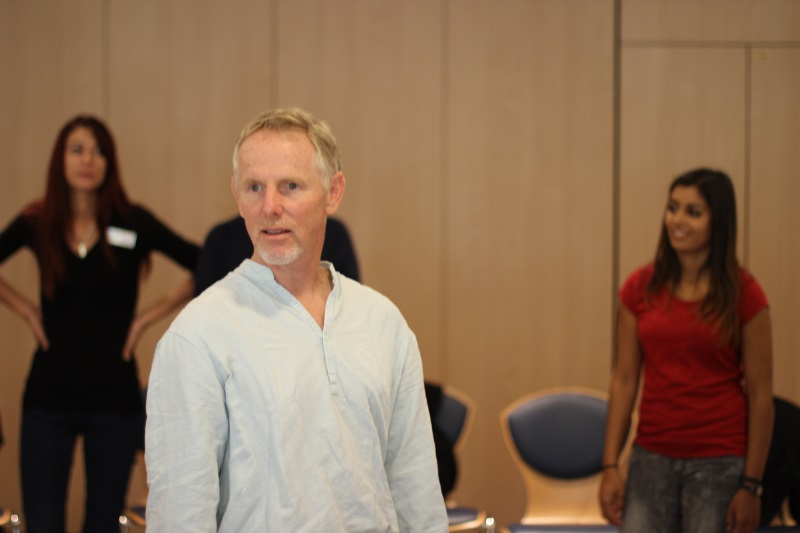
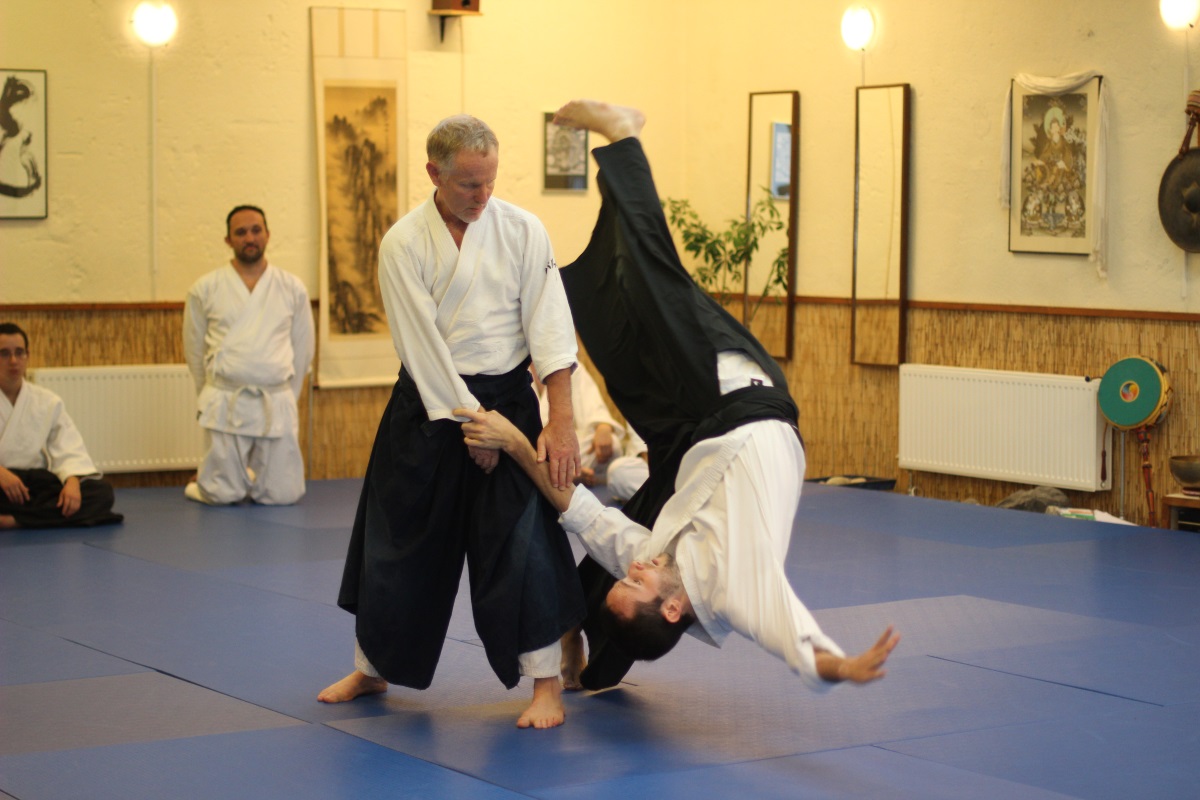
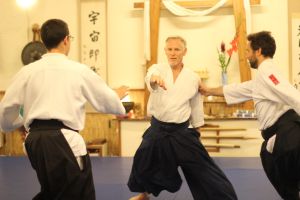
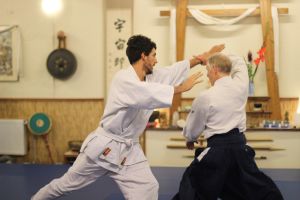


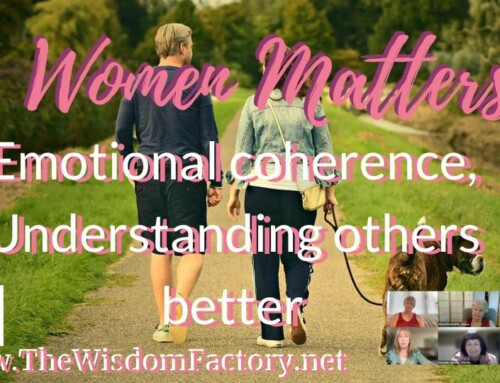
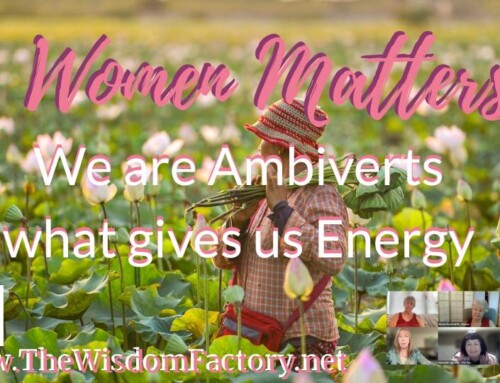
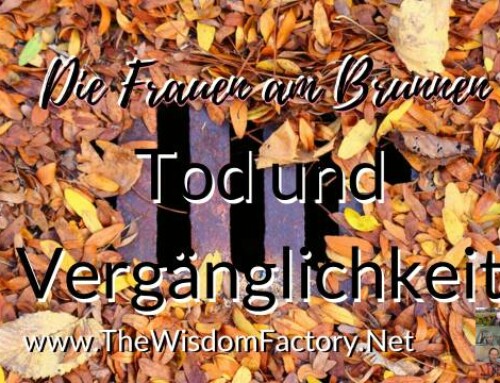
Leave A Comment